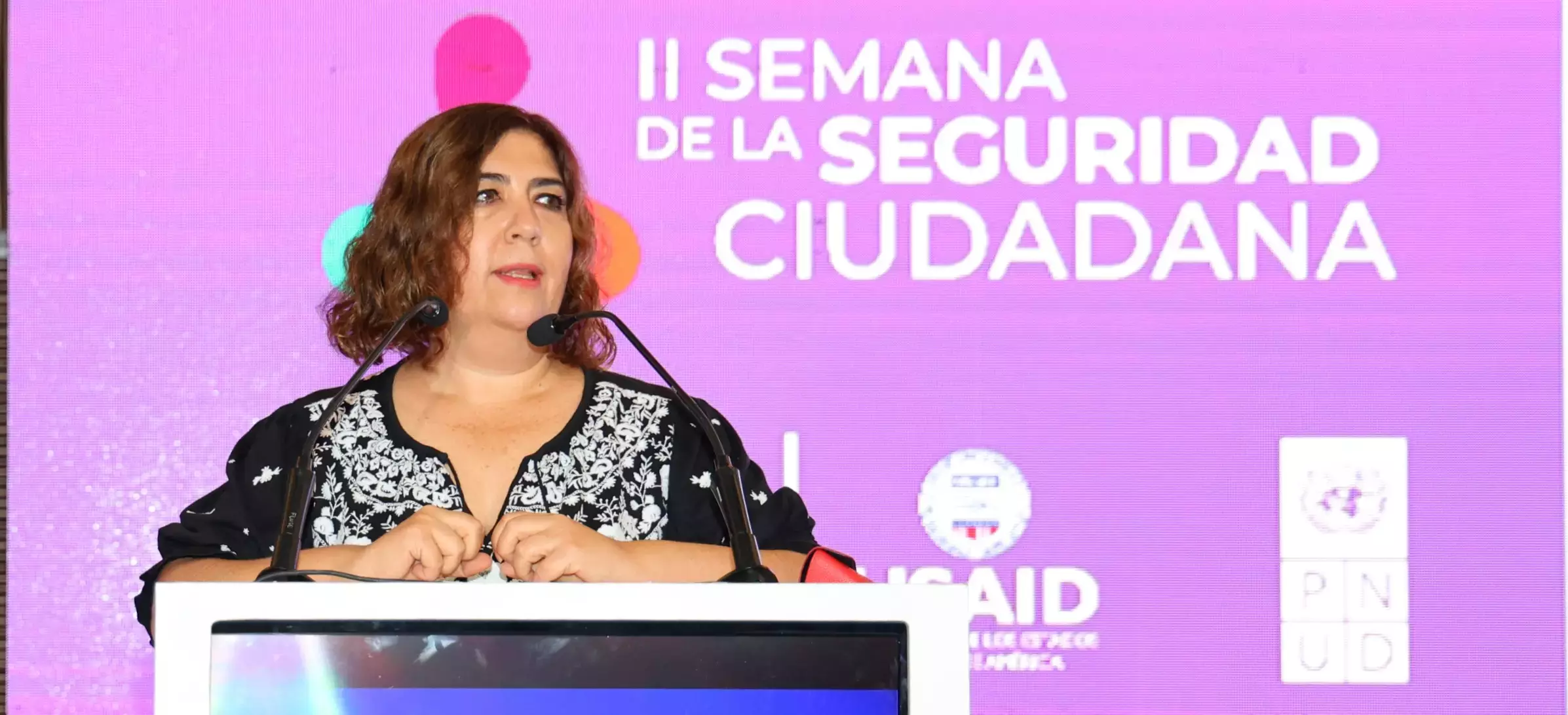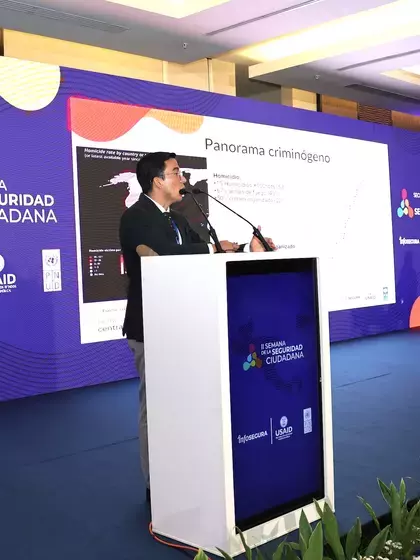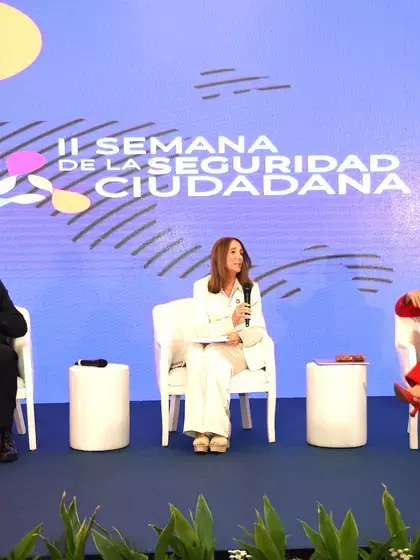
Organized crime, inequality and toxic masculinity, challenges for an egalitarian society
Women and girls in Latin America, and particularly in Central America and the Dominican Republic, face a reality is challenging and complex. InfoSegura data reveals a tragic fact: in 2022, in Costa Rica, Guatemala, Honduras and the Dominican Republic alone, 862 women lost their lives, 81 of them female minors and adolescents. Close to 40 per cent of these victims were ages 18 to 30 and in 75 per cent of the cases, a firearm was the cause of death.
In the light of these facts, addressing gender-based violence calls for stakeholders like politicians and security institution actors, international agencies and civil society organizations to join efforts. Fabiola Zermeno, General Director of Development and Equity Research and Strategy centre (EPADEQ) in Mexico addressed this issue in the keynote she delivered during the Second Citizen Security Week hosted by InfoSegura.
Zermeno focused on the need to incorporate gender and intersectionality into citizen security policies. Notwithstanding developments like the notable decrease in the homicide rate in Central America and the Dominican Republic in 2010 from 50.5 to 18.5 in 2020, significant challenges persist. “The fact is that violence is still entrenched, with the presence of organized crime, drug trafficking, territories under control of criminal groups and high homicide and feminicide rates,” she noted.
In her address, she identified a variety of factors that add to this scenario, like poverty, inequality, exclusion, urban sprawl, corruption, ease of access to firearms or the transnational presence of organized crime. She also noted other factors that still guide relationships between men and women, like the persistence of male dominance, assigning value only to aggressive social models of masculinity, women's lack of economic self-determination, social norms that legitimize violence, male socialization with no responsibility for providing care for others, or the stereotype of women as victims.
Against this background of violence and crime, gender dynamics have not been fully integrated into the way the phenomenon is understood or mainstreamed in citizen security policies. Consequently, Zermeno considers it is crucial to understand "how different the effect of insecurity can be on people, how differently men and women participate in the phenomenon of crime and how gender is a structural cause."

Fabiola Zermeno, Director General Director of Development and Equity Research and Strategy Centre (EPADEQ) in Mexico, in an exchange with moderator María del Carmen Sacasa, UNDP Resident Representative in Panama.
Dr Zermeno proposes that the gender and feminist approaches be incorporated more fully into citizen security, acknowledging the problems that affect women, while including their worldview and ethics in decision making. She also advocates for breaking away from the historical male hegemony and adopting new paradigms, in which security and peace are based on care.
According to Zermeno, applying the ethics of care in citizen security involves more than preventing aggression. It also involves meeting needs, demonstrating responsibility and caring for others. In this sense, she stressed how important it is to integrate the ethics of care and the ethics of justice, in order to rethink our approach to the phenomenon.
Zermeno offered concrete recommendations, like including more women in public spaces for reflection and strengthening the production of official information and statistics on insecurity and violence against women. She emphasized that it is important to take steps like educating for care, including the gender perspective in research and collaborating with feminist organizations.
This was the keynote lecture in the first session on gender-sensitive public policies for evidence-based citizen security with a gender approach at the Second Citizen Security Week.






